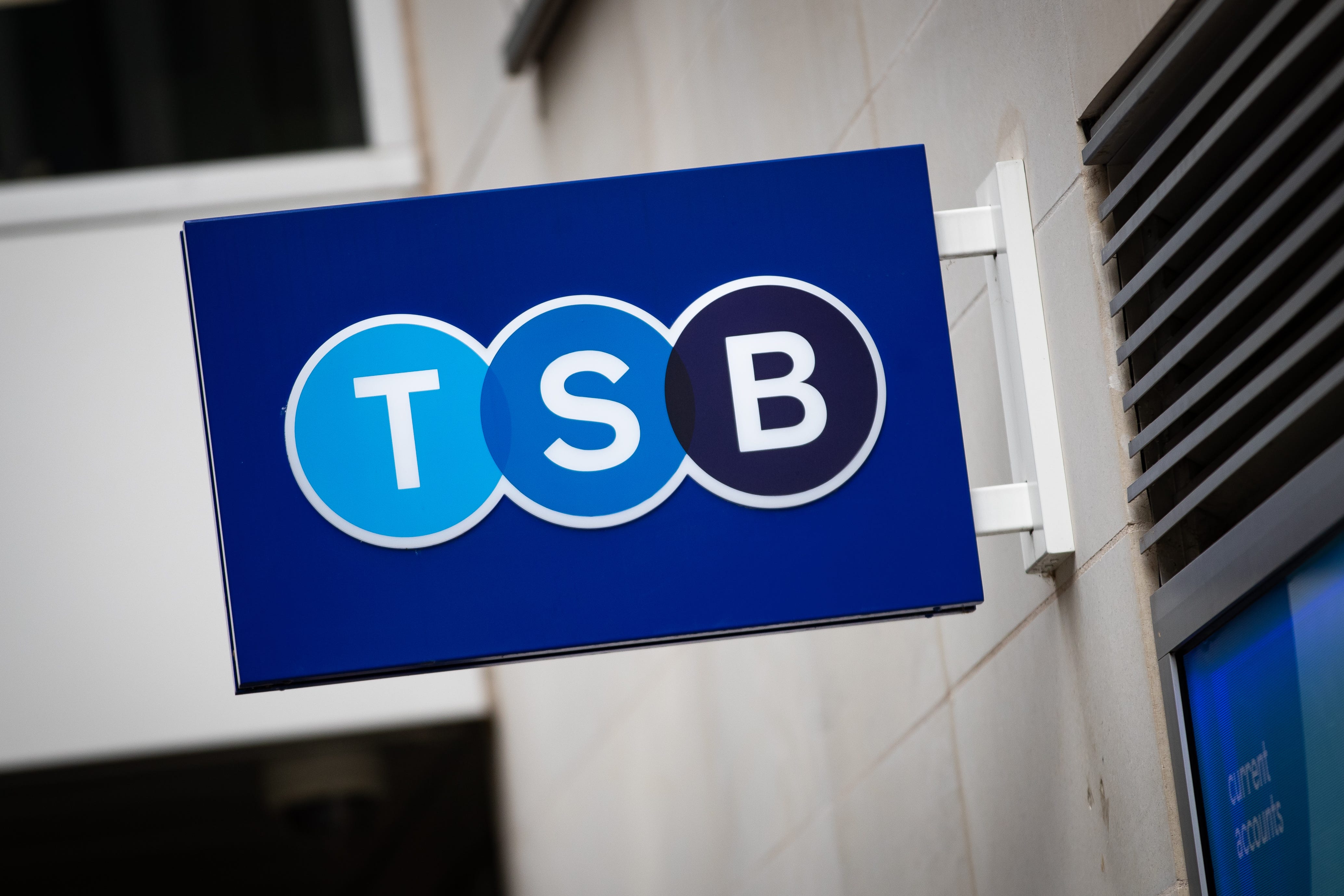‘Mortgage prisoners’ being forced to pay higher interest rates, High Court told
The court in London was told that borrowers saw their initial lender, Northern Rock, collapse in the 2008 financial crisis

Your support helps us to tell the story
From reproductive rights to climate change to Big Tech, The Independent is on the ground when the story is developing. Whether it's investigating the financials of Elon Musk's pro-Trump PAC or producing our latest documentary, 'The A Word', which shines a light on the American women fighting for reproductive rights, we know how important it is to parse out the facts from the messaging.
At such a critical moment in US history, we need reporters on the ground. Your donation allows us to keep sending journalists to speak to both sides of the story.
The Independent is trusted by Americans across the entire political spectrum. And unlike many other quality news outlets, we choose not to lock Americans out of our reporting and analysis with paywalls. We believe quality journalism should be available to everyone, paid for by those who can afford it.
Your support makes all the difference.There are more than 2,000 “mortgage prisoners” being forced to pay “significantly higher” interest rates than they should be while being unable to change providers, the High Court has been told.
Around 2,500 people are taking legal action against TSB Bank over their “Whistletree” mortgages, with their lawyers claiming at a hearing on Tuesday that they are paying an interest rate that TSB is not allowed to charge.
TSB is opposing the claims, with its barristers describing them as “plainly misconceived”.
Tim Lord KC, for the borrowers, said in written submissions: “The circa 2,500 Whistletree borrowers… have, in some cases for eight years, been charged interest at a rate significantly higher than the rate which TSB was permitted to charge.
“On a relatively modest mortgage of £150,000, that can amount to almost £30,000. These claims are therefore of grave financial importance to the claimants.
“TSB, on the other hand, has disproportionately profited at the expense of the Whistletree borrowers.”
The court in London was told that borrowers saw their initial lender, Northern Rock, collapse in the 2008 financial crisis, with their mortgages later taken over by TSB.
They were charged a standard variable rate (SVR) which Mr Lord claimed was 2.29% higher than TSB’s own SVR, and which differed from the fixed or tracker rates they paid under Northern Rock.

Mr Lord said that TSB required the borrowers to apply for a new mortgage if they wished to switch to a cheaper rate, or change bank, but many customers were unable to pass affordability assessments after rules were tightened in 2014, leaving them “imprisoned”.
Sonia Tolaney KC, for TSB, said in written arguments that the complaints had “no merit”.
She said: “It is no more than an attempt to exploit the fact that this portfolio of Northern Rock mortgages happens to have been acquired by an active lender with a pre-existing portfolio of residential mortgages.
“The assertion that TSB was obliged to apply the same SVR to every one of its residential mortgage customers is plainly misconceived.
“TSB, in common with other banks, offers different products, at different prices, to different customers, with different risk profiles.
“That is a basic feature of the mortgage market and it is expressly permitted by the claimants’ mortgage contracts. This is neither surprising nor unfair and hence the complaint must fail.”
The hearing before Judge Nicholas Thompsell is due to conclude on Thursday, with a judgment expected in writing at a later date.